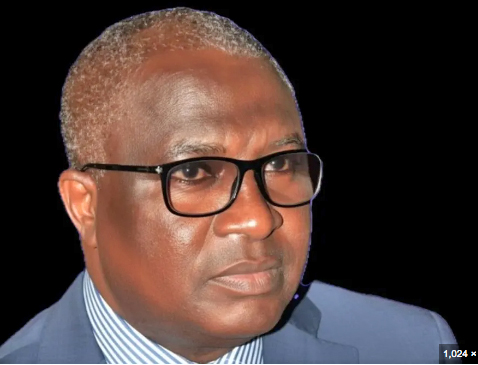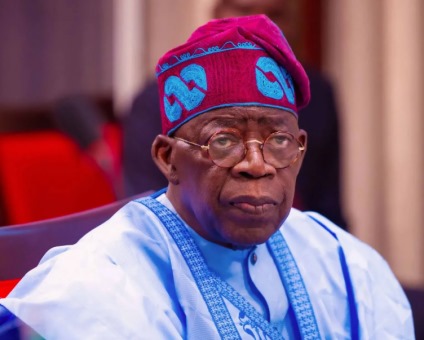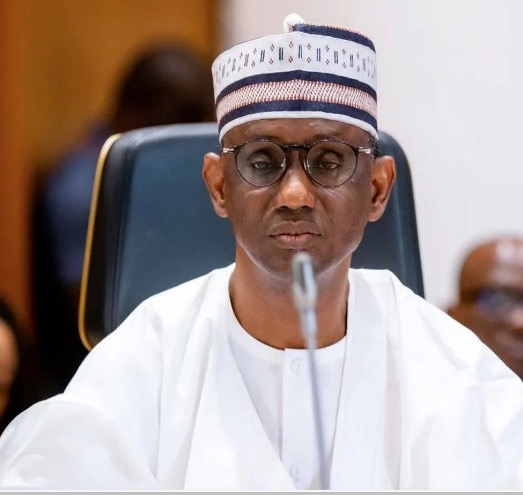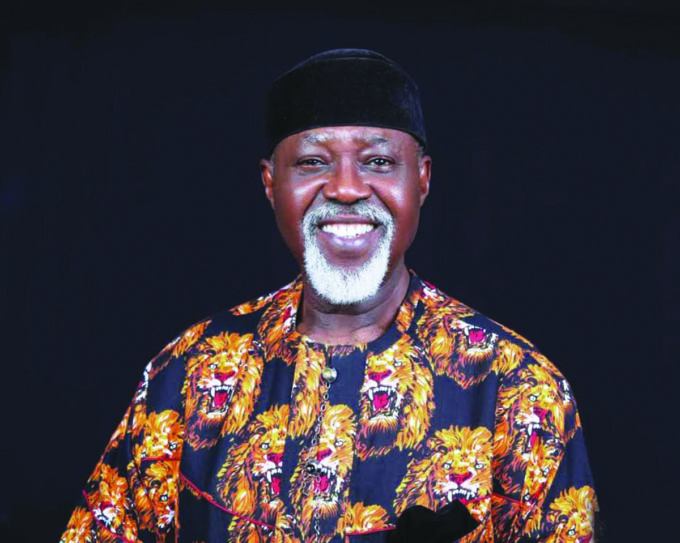On 20 October, 2025, the longest-serving Editor and Managing Director of The Punch newspapers ascended the stately age of 70. Despite his boyish looks, the vagaries of decades plowing the fields while minding other people’s businesses would inevitably leave telltale lines.
He is not the sort of man one easily forgets. Tall, steady and thoughtful, he has an unassuming quality that makes people relax in his presence, yet it is clear he carries the weight of leadership in every gesture. To work under him is to experience a mix of discipline and encouragement, and to watch him in action is to understand how patience, rather than bluster, can steady an entire newsroom. For me, the recollections of those years remain deeply etched, forming a mosaic of encounters that continue to shape not just my journalism, but my outlook on responsibility and resilience.
I first encountered Mr. Ademola Osinubi in those years when The Punch newsroom was both a factory of ideas and a battlefield of egos. There was a rawness about the place – something unpolished yet exciting. The furniture was rough, the equipment often cranky, the atmosphere tense from government and financial pressure, but it was alive. Into this environment Osinubi walked with quiet assurance, neither domineering nor aloof, with a knack for creating calm amid the storm. His smile – often small, sometimes teasing – carries a wisdom that makes it clear he has measured the situation long before he speaks. That quality commands respect, especially for restless young reporters like me – and it still does.
My first meeting with Osinubi was in early September 1988, still a little fresh from the sheen of NYSC, with stars in my eyes about the Guardian newsroom. My mentor, Ben Tomoloju, had dashed my hopes with the disarming honesty of an editor – no space on his arts desk. But he scribbled a brisk note on the back of a card, addressed to a friend of his. That friend turned out to be Ademola Osinubi.
From Rutam House (Apapa/Oshodi Expressway), I trundled to Onipetesi (Abeokuta/Lagos Expressway). There, behind the modest wooden partitions of Punch headquarters, I met him: a burly, dark-complexioned man in his early thirties, tall and competent-looking, with a slight limp that seemed to carry more character than handicap. He looked at the note, chuckled, and said something that would shape the next stretch of my life: “Well, if Ben sent you, you must be good. But here, we don’t have money to pay you. You can work as freelance – transport allowance only. Probation… maybe six months.”
Ecstasy! Who cared about money when destiny was winking at you? Ah, the naiveté of the 80s!
He dispatched me – again, jovially – to “BB”, the redoubtable Bola Bolawole, who would later become both taskmaster and defender. Bolawole was the Features Editor, who much later supplanted him as Editor. The Punch of those days was not the gleaming edifice of later years; it was a brown plywood maze with desks crammed in like Lagos molue passengers. Yet, within those wooden partitions, a culture of doggedness, creativity and newsroom camaraderie thrived.
roamed happily across several desks in Features, occasionally flirting with News, pounding out copies with the zeal of a man possessed. Unbeknown to me, Mr. Osinubi was watching. Two months later, he caught me along the corridor, half in jest, half in admiration. “You are overspeeding,” he said. “Everywhere I turn, your name is on claims sheets. A freelance cannot be collecting more than staff.” A month later, my letter of appointment arrived.
That was Osinubi: no fuss, no pretension, but hawkeyed. He saw through bluster, measured performance, and chuckled his way through the bureaucracy until fairness prevailed.
But life and journalism have a way of scattering comrades. In April, 1990, when Punch was silenced by Babangida’s military clampdown, I was wooed by a general-interest magazine with a fine office and a salary three or four times what Punch paid. Tempting, yes – but I told the publisher I would only resume after Punch was de-proscribed.
When we eventually reopened, a month after, I went to Mr. Osinubi with my decision. With that knowing smile dancing on his lips, he reminded me of Punch’s own grand plans – to grow Saturday Highlife, the much beloved column, into a full-fledged weekend paper. My line editor, Bola Bolawole, was downright indignant; to him, I must have lost my senses to abandon a promising future at Punch. But youth and ambition are impatient partners, and so I leapt – convinced destiny was calling.
Time would show that their instincts were sharper than my ambition. By 1994, the military had again struck The Punch. The paper was locked up for its bold reporting of 12 June, 1993 fallouts. I too was embattled in my new venture – our young magazine (Fame Weekly) was hit by crisis, staff mutiny, and the sudden death of a pioneer colleague. We were at a standstill. What to do?
In desperation, I remembered the Punch crew – also idle, courtesy of military highhandedness. I recollected with admiration an extraordinary typist, a virtuoso on the keyboard, Saka Jimoh (aka Alhaji Paso). If we could find him, perhaps we could salvage our production week. But Paso was head of Punch’s computer section. And so, I traced Osinubi – this time, not at Onipetesi, but in a modest Ketu apartment.
It was a delicate moment. I had left his newsroom abruptly some years earlier. He had every reason to remind me of my youthful impetuosity. But Demola Osinubi was not that kind of man. He listened, chuckled (again), understood, and handed me Paso’s details. Just like that. No grudge, no lecture, just a generous nod at my predicament. And indeed, Paso (along with his trusted female colleague) came to the rescue, typing us back into production.
Looking back, I realise how much Osinubi embodies the values of leadership that remain rare in our profession. He does not shout down subordinates; he persuades. He does not panic in crisis; he waits for clarity. He does not parade his authority; he earns it quietly. The Punch of those years was often besieged by government crackdowns, censorship threats, and financial uncertainties, yet he steered the ship with steady hands. He is the longest-serving Editor, and later Managing Director, in the paper’s history. Colleagues trust him because he never makes himself the centre of the story – he makes the work, the mission, the institution itself the centre. That humility, paired with resolve, gives him a moral authority no decree can erase.
There is another side to him too, one less visible in formal settings but unforgettable to those who know him well. He can be mischievous in humour, quick with a quip that leaves you laughing even in the thick of newsroom chaos. He delights in small gestures of encouragement – an approving nod, a wry comment, a glance that says you are on the right track. For younger journalists, those moments are golden, reminders that what we do matters, even when the world outside tries to silence us. He understands, better than most, that journalism is not just a profession but a calling, one that demands courage and conviction but also tenderness of heart.
At 70, Mr. Osinubi stands as one of the rare editors who shaped journalism in Nigeria with resilience, fairness, and uncommon humanity. May his chuckles never fade, and may his legacy continue to inspire.

















Leave a comment